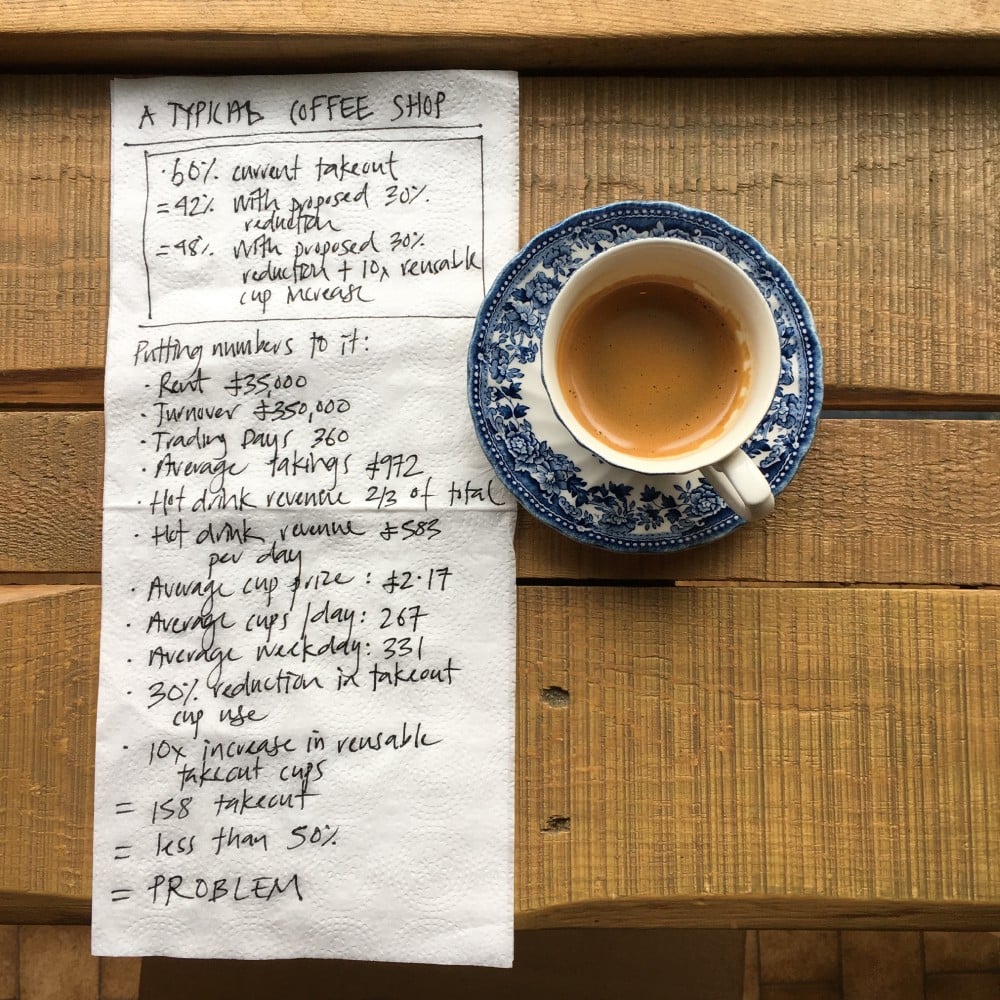
Back-of-the-napkin maths explains why many coffee shops would break planning law — and be forced to shut up shop.
Last week the Environmental Audit Committee proposed the introduction of a levy on takeout coffee cups of at least 25p in an effort to reduce the number of takeout cups going into landfill. We warmly welcome initiatives to reduce waste, but the industry needs to ask the committee to further develop its thinking. Here’s why…
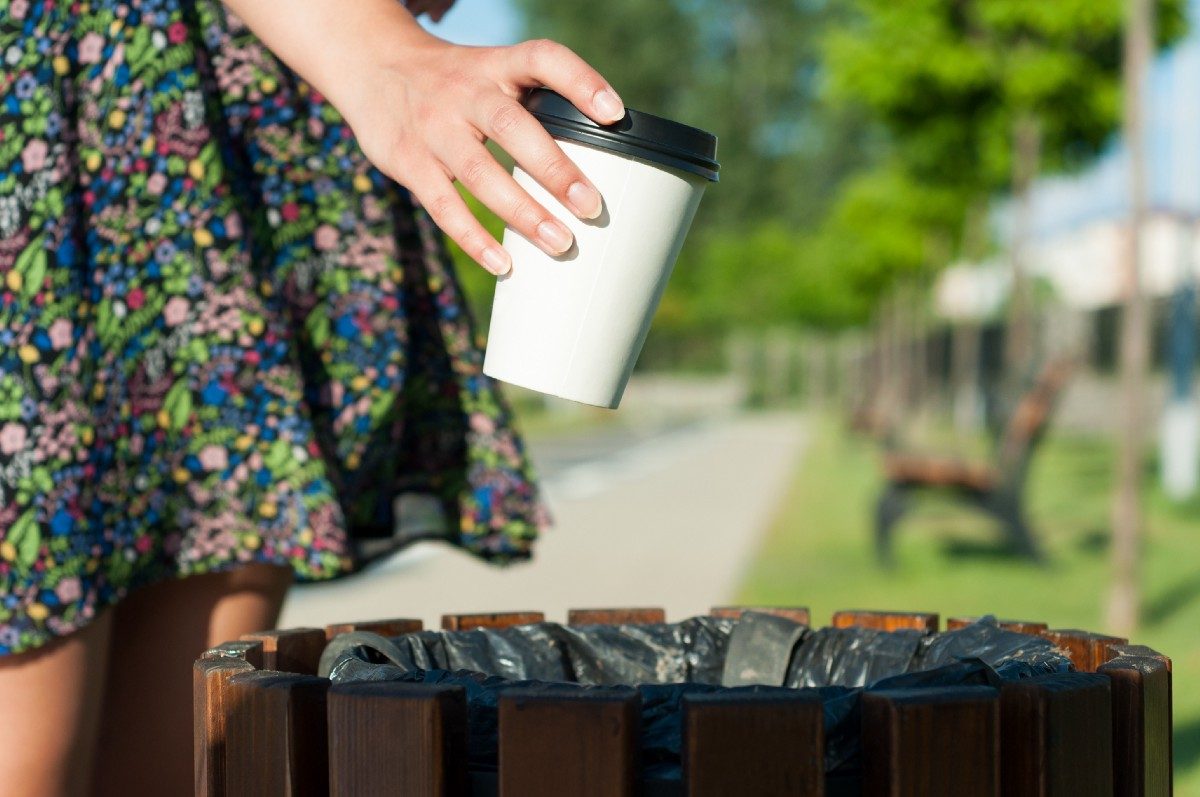
At present the vast majority of takeout coffee cups currently go into landfill. A solution has to both reduce the use of takeout coffee cup used, as well as increase recycling rates. The current proposal doesn’t do enough to achieve these objectives.
Overview
- Many coffee shops sell more takeout coffee, than is drunk on site — and they need to in order to comply with planning law
- We unpack the numbers to show that if the proposal was adopted (without changes to planning law), it’d be the end of the UK’s most common coffee shop model
- Coffee shops that currently sell less than 60% as takeout are at risk
- And worse, it’s the shops that currently contribute most to the problem that are most likely to survive
Planning Law is the key issue for both reducing takeout packaging and the survival of coffee shops
The Environmental Audit Committee proposal has a number of merits, but fails to tackle the core driver of takeout waste in the UK: planning law.
Five days ago we published our report on disposable coffee cups recommending a #LatteLevy. Catch up on our recommendations to the Government by watching this video of our Chair @MaryCreaghMP or read the full report here: https://t.co/X72DWMDxoV pic.twitter.com/6z84MoAkTC
— Environmental Audit Committee (@CommonsEAC) January 10, 2018
Most coffee shops, as well as other high street food and drink businesses, operate in ‘A1’ sites. The planning rules require businesses to have more than 50% of sales consumed off site. This drives takeout coffee cup use in two ways:
- It rules out coffee shops that have a primary drink in focus from being opened in the first place
- It means that coffee shops use their design, product range and operations to nudge customers towards take out to ensure they comply with planning laws.
We wrote an article pointing out that if the government wants to reduce to use of takeout coffee cups — and we believe they should — then making changes to planning law is an essential part of the a solution.
We are now making this case to the Environmental Audit Committee and invite you to join us.
Why specialty coffee shops will be forced to close
In our previous article we focused on the challenges and opportunities around reducing takeout packaging; this article focuses on the viability of coffee shops should the proposal come into force.
Back-of-the-napkin calculations
The maths isn’t complicated, we did it on the back of a napkin to communicate the severity of the situation to an industry member. In short, even a small reduction in take out sales will out the most common coffee shop model in breach of planning law.
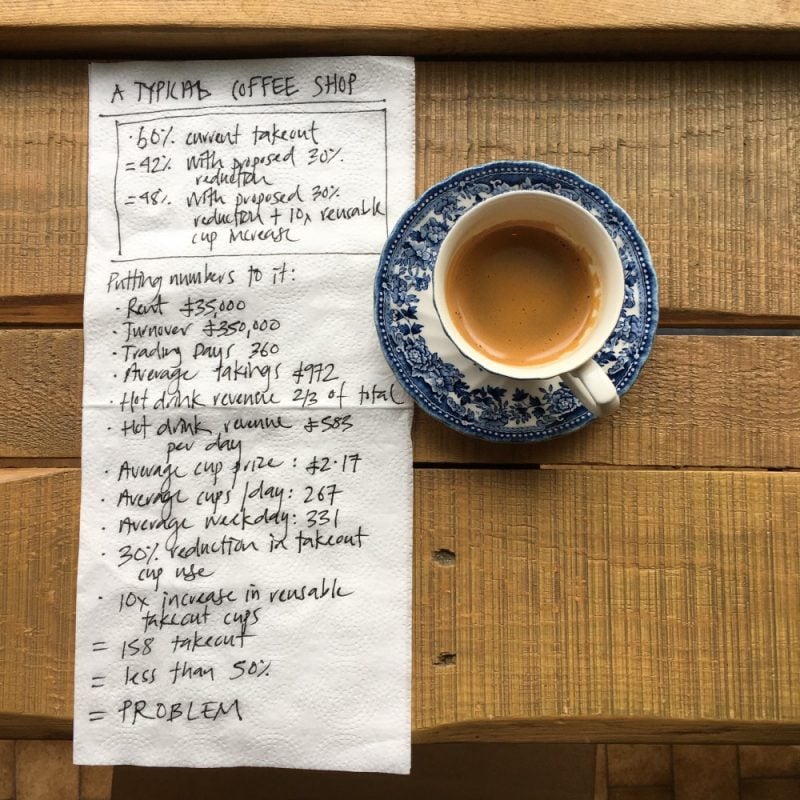
Let’s unpack and maths and the assumptions so you can run the calculations for your own shop (all figures are ex VAT):
- Many coffee shops have rent in the £20,000 — £45,000 tier. Some are higher, some a lower, but many are in this band. So let’s take an example of £35,000.
- Most coffee shops need a revenue to rent ratio of at least 10x. Most landlords want 8x; most operators 12x. So for the sake of simplicity let’s work with 10x. That’s £350,000 revenue per annum for a middle of the road shop. Some are higher, some are lower, but many are around this size.
- Many shops trade around 360 days per year
- An average day’s takings would have to be £972
- Hot Drinks comprise around two-thirds of many shop’s takings: that’s £583 per day of hot drinks
- An average cup price of £2.17 (that’s £2.60 incl. VAT)
- That’s an average of 269 hot drinks per day; and using some assumptions a shop that is focused on weekday trade (because it’s in a business area) would be selling around 330 hot drinks per weekday.
- Sense check: This seem like a fair example as there are many specialty coffee shops selling 200–500 cups per day in the UK
- If we optimistically assume 60% of this trade is takeout (many shops are much closer to 50–50)
- The Environmental Audit Committee believes that a 25p take out cup levy would reduce takeout cup use by 30%
- Let’s assume that if a levy was introduced that reusable takeout cup use would rise 10x (which is probably optimistic, but possible)
- That’s 158 takeout hot drinks (in both paper and reusable takeout cups) of a total of 330 — which is less than 50%.
- Coffee shops that currently sell less than 60% as takeout are likely to be in breach of planning law, if the latte levy is introduced.
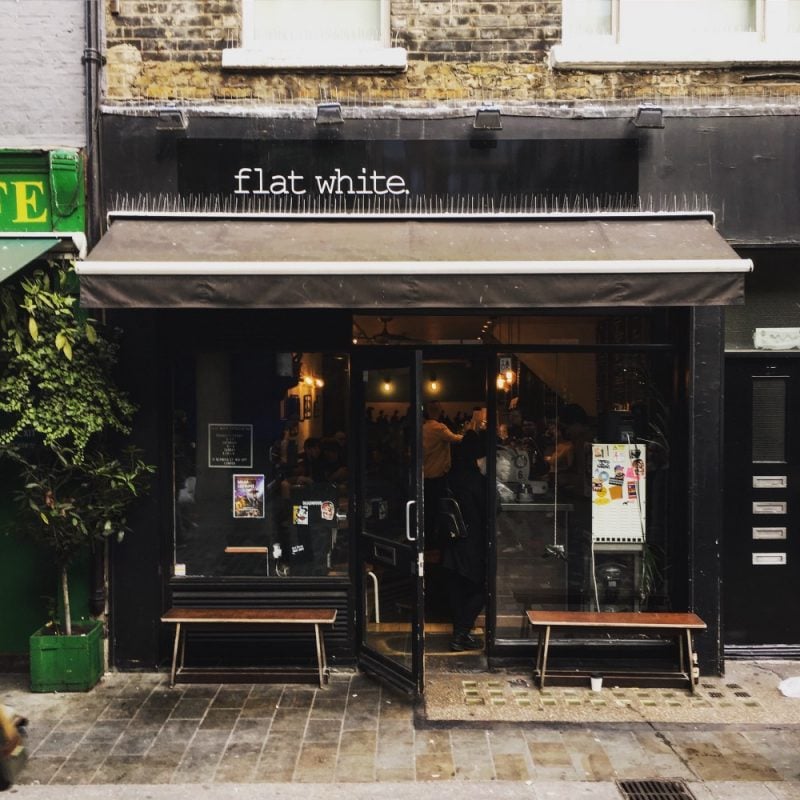
Lobby for Change
We think:
- Many consumers want to eat and drink on site, but the law means businesses create concepts to nudge them to eat and drink off site
- The best way to reduce takeout packaging use, including coffee cups, in the UK is a change to the planning law — and this should be a central part on any solution
- A failure to appropriately amend the use class system if the Latte Levy is introduced will result in the most common speciality coffee shop model in the UK being in breach of planning law as well as many other A1 food and drink businesses.
- Perversely, it’s the businesses that currently sell more takeout coffee (and therefore are more significant contributors to the problem) that would survive.
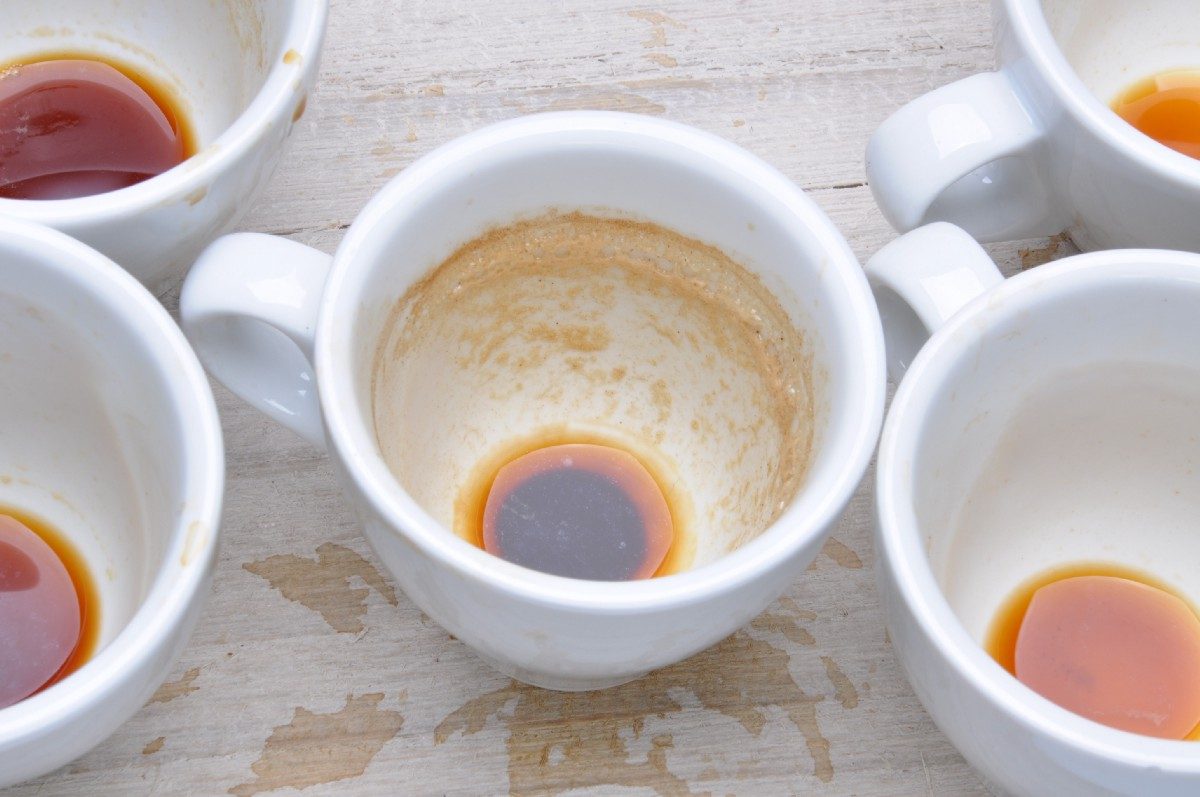
How you can change this proposal
We appreciate that many people in the specialty coffee community may not feel confident in reaching out to a politician, so here’s some guidance and encouragement for you.
Contact the most local member of the Environmental Audit Committee and ideally invite them for coffee in your shop on a fact finding trip.
The members of the committee are:
- Mary Creagh MP (Labour, Wakefield) (Chair)
- Colin Clark MP (Conservative, Gordon)
- Dr Thérèse Coffey MP (Conservative, Suffolk Coastal)
- Geraint Davies MP (Labour (Co-op), Swansea West)
- Glyn Davies MP (Conservative, Montgomeryshire)
- Zac Goldsmith MP (Conservative, Richmond Park)
- Caroline Lucas MP (Green Party, Brighton, Pavilion)
- Kerry McCarthy MP (Labour, Bristol East)
- Anna McMorrin MP (Labour, Cardiff North)
- John McNally MP (Scottish National Party, Falkirk)
- Dr Matthew Offord MP (Conservative, Hendon)
- Dr Dan Poulter MP (Conservative, Central Suffolk and North Ipswich)
- Joan Ryan MP (Labour, Enfield North)
- Alex Sobel MP (Labour (Co-op), Leeds North West)
If you’re not a coffee shop owner or manager, you can engage with members of the committee on Twitter or over email. Click on the links to see their contact details. Whichever way you contact the committee members, please do follow the below guidance.
Explain just two to three of the most pertinent points
- Whether you are in A1 or A3, and the current proportion of the sales that are takeout.
- How your shop is designed to encourage consumers to opt for takeout
- What changes you could make to reduce takeout packaging waste in general, and coffee cups specifically, if planning law permitted the majority of your customers to be able to consumer food and drink on site
- Whether you’re likely to be in breach of planning law should the current latte levy proposal come into force
- How many customers you serve per day (remember these are voters from the perspective of your local MP)
- How many staff you employ (remember these are voters, employment figures and tax revenue from the perspective of your local MP)
- Which social and environmental programmes or initiatives your business is currently involved with
Do
- Offer them, and their staff, a coffee
- Be friendly, considerate and courteous
- Be brief and to the point. Plan on just 10–15 minutes conversation with them.
- Make your core points, answer their questions, and then wrap things up
- Explain that there are hundreds of coffee shops in the UK like yours
- Exchange contact details, offer to meet them again if they have further questions
Don’t
- Waste time telling them your life story
- Insist on telling them about coffee sourcing or coffee making, unless they specifically ask and they have time (it’s not central to this issue)
- Cloud this issue with other issues, for example, this isn’t the moment to complain about pot holes, rubbish collection, business rates etc.
- Be parochial and make this issue about your business’s survival or success. It is not their job to back specific winners and losers. Use your shop as an example of a much bigger situation. Remember, this issue impacts most food and beverage shops that trade in A1 sites.
- Talk about your political views. They are a member of the Environmental Audit Committee, not a constituency candidate.
- Slate the current proposal. We think it has many good parts to it, but it is not yet complete or ready for implementation. Rather, tell them that you want to make them aware of information that a) might be new to them, and b) will be helpful for reducing takeout waste, including takeout coffee cups.
Together we can a) reduce take out coffee cup use, and b) make businesses that better meet consumers’ needs and aspirations. Do it! Contact a member of Environmental Audit Committee now.
About United Baristas
United Baristas was started in 2015 when we launched a Marketplace for the peer-to-peer sale of used, specialist coffee equipment with the objective of reducing environmental impacts by keeping equipment in use for its full working life. In 2016, we launched United Baristas Workshop, a directory of coffee equipment engineers to help the coffee community better maintain equipment so that it’s working life might be extended. While we employ market-based solutions to tackle these and other industry-wide problems, helping the specialty coffee industry achieve lower environmental impacts and a forge a sustainable and viable future is at the core of our DNA.

 Give Coffee If you found this article useful, show your appreciation
Give Coffee If you found this article useful, show your appreciation